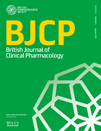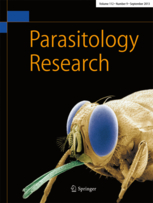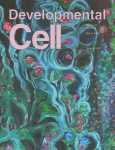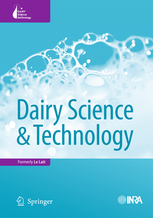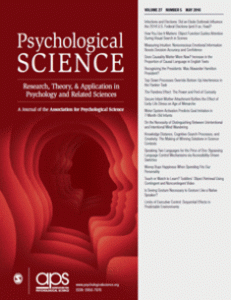The editors of a journal that recently retracted a paper after the peer-review process was “compromised” have published the fake reviews, along with additional details about the case.
In the editorial titled “Organised crime against the academic peer review system,” Adam Cohen and other editors at the British Journal of Clinical Pharmacology say they missed “several fairly obvious clues that should have set alarm bells ringing.” For instance, the glowing reviews from supposed high-profile researchers at Ivy League institutions were returned within a few days, were riddled with grammar problems, and the authors had no previous publications.
The case is one of many we’ve recently seen in which papers are pulled due to actions of a third party.
The paper was submitted on August 5, 2015. From the beginning, the timing was suspect, Cohen — the director for the Centre for Human Drug Research in The Netherlands — and his colleagues note: Continue reading Editors say they missed “fairly obvious clues” of third party tampering, publish fake peer reviews
